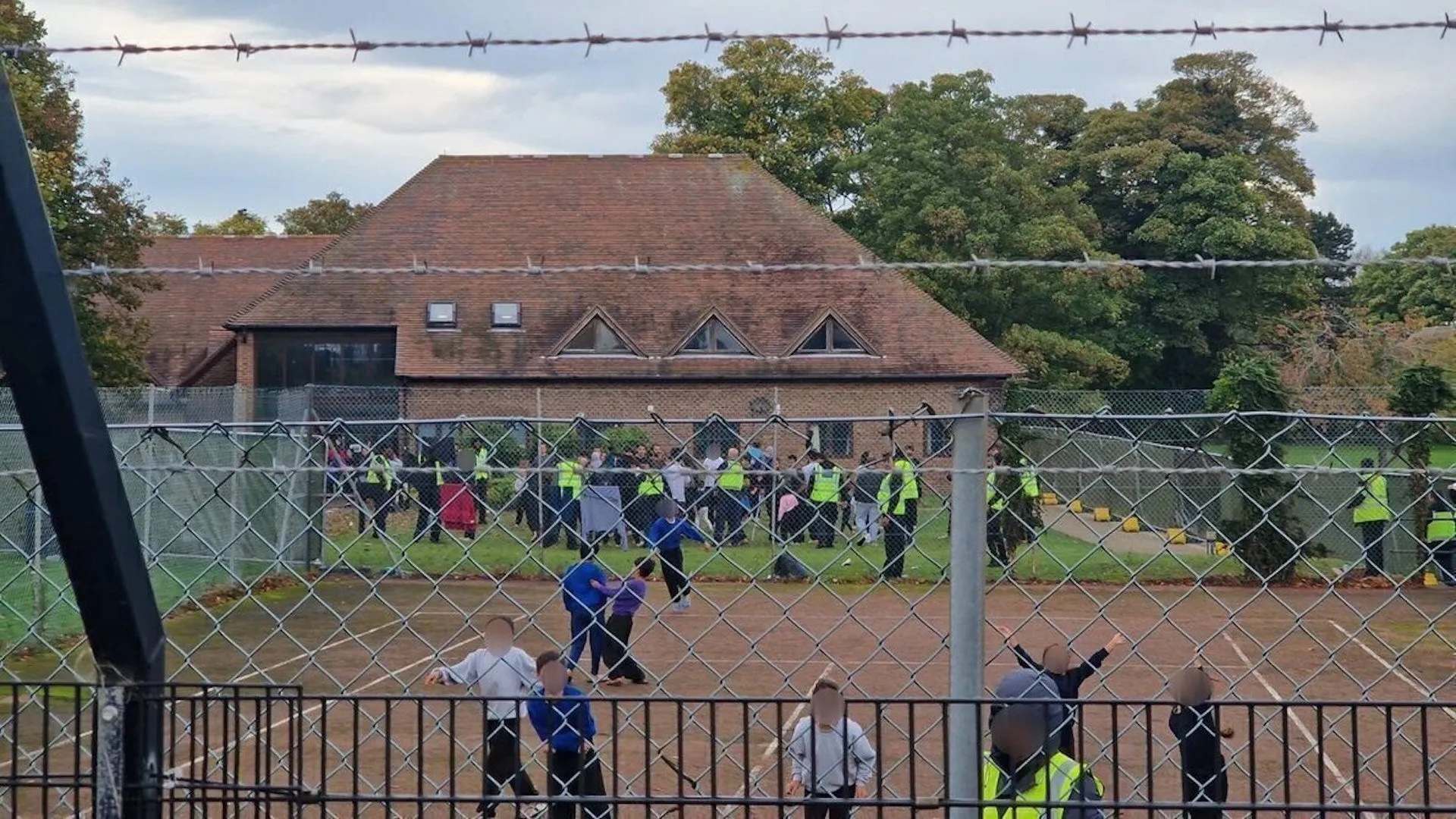Every week in my therapy room, I sit with people who carry the physical and psychological scars of torture. They are men, women and children who fled unimaginable horrors in places like Afghanistan and Sudan. Many were tortured simply for standing up for the basic rights most of us take for granted – like going to school, to church or to the ballot box.
Almost all live with post-traumatic stress disorder (PTSD) and other complex mental and physical health issues. The government’s plan to house them in disused military barracks risks undoing the fragile process of recovery.
My first task as a clinician is to help survivors feel safe and stable. Only then can the vital trauma therapy really begin. Yet the conditions they are forced to live in (hotels, large military sites, even detention centres) makes the hard work of recovery almost impossible. Overcrowding, lack of privacy and unhygienic conditions worsen anxiety, panic and hopelessness.
Read more:
- Are asylum seekers ‘living it up’ in luxury hotels like Rylan says? Here’s the reality
- Cut off and uncared for: This is what life is like for asylum seekers in the UK
- A day inside the clogged-up asylum court at the heart of Starmer’s plans to close migrant hotels
The idea of confining people seeking sanctuary to former military barracks is especially cruel. These are not soldiers living temporarily among colleagues while they engage in professional activities surrounded by support and normality, free to come and go as they please.
They are survivors of torture, and they tell us that living in places like this can feel unbearable because such settings echo the very places where they were detained and tortured. Sights, sounds and even smells can trigger acute associations to past traumatic events. Security controlled gates, locked doors and uniformed staff can provoke intrusive memories, flashbacks and nightmares so vivid that survivors feel transported back into their worst moments.









